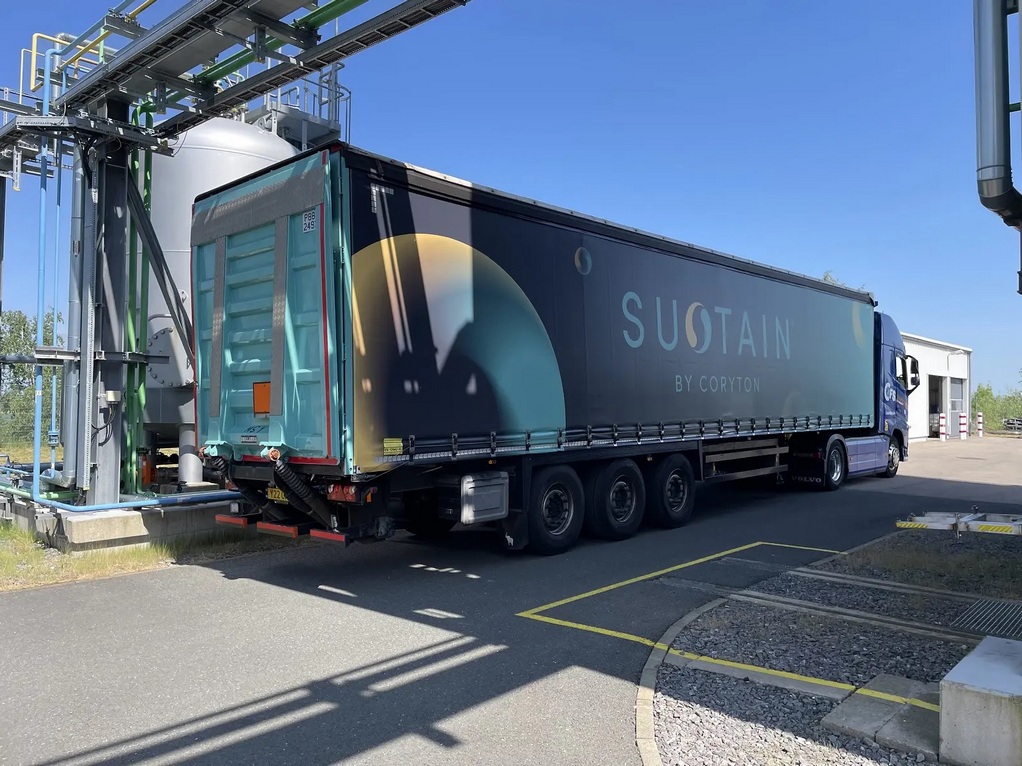The DeCarTrans project is further developing a process for producing synthetic fuel from methanol for the transport sector.
The consortium of research and industry plans to produce a total of 380,000 liters of green fuel (e-fuel) over the course of the next four years. The synthetic fuel will be produced from biogenic or regeneratively produced methanol in a demonstration facility in Freiberg, Saxony. On May 25, the first 15,000 liters of synthetic fuel produced in the project were collected from the pilot facility.
The large-scale test facility for synthetic fuel was constructed by CAC at the TU Bergakademie Freiberg in 2009 as the first and largest of its kind in Germany. Within the scope of several research projects, funded by the federal government, the Free State of Saxony and with CAC’s own funds, it was possible to continue development until 2023, patent the technology and prepare it for large-scale production. The DeCarTrans joint project now underway, funded by the BMDV, will make it possible to operate fuel synthesis in continuous use and provide fuels in sufficient quantities for demonstration purposes.
Tags: DeCarTrans, Green Fuel, Methanol, Synthetic Fuel



Recent Posts
Port of Brisbane Unveils Vision 2060 to Drive Smarter, Cleaner, and More Connected Future
Wärtsilä to Deliver Hybrid Propulsion Systems for Vertom Group’s New Low-Emission Vessels
Latvian port receives electric Konecranes Gottwald Mobile Harbor Crane
Sustainable Ocean Economy Vital for Human Development, Says UNDP at UN Ocean Conference
Green Hydrogen Costs in India Could Drop by 40%, Says IEEFA-JMK Report
Cavotec Secures €1.55 Million Shore Power Contract for Port of Antwerp-Bruges
APM Terminals and SANY Marine sign landmark agreement to accelerate decarbonisation
The Port of Gothenburg takes big step towards shore power connection for container and car/RoRo vessels